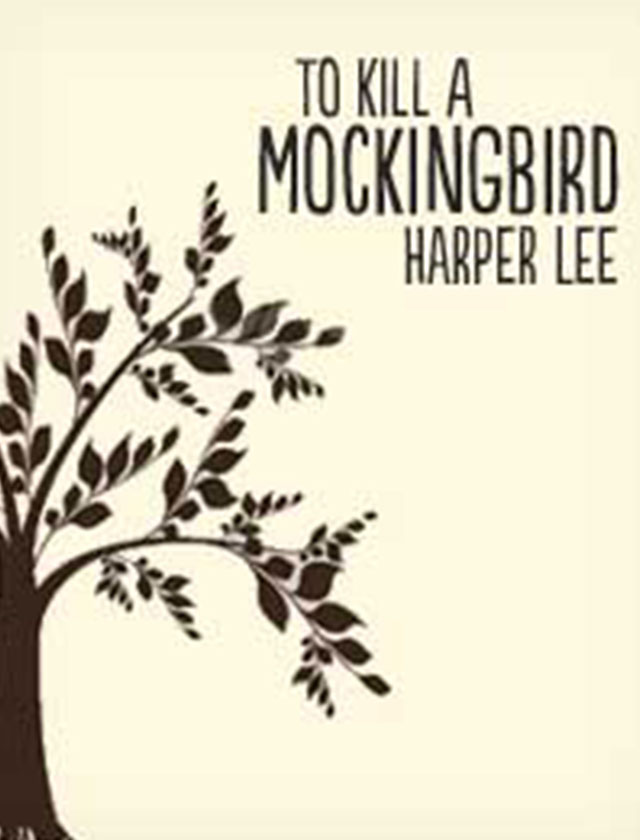To Kill a Mockingbird
by Harper Lee
Points to Ponder
In discussing the parenting style of Atticus, consider his relationship to his children and how he tries to develop their conscience.
Because Atticus has a deep commitment to equality and justice, he focuses on those virtues when it comes to his children. He does not have them call him "father" or "dad," but has them call him Atticus, just like everyone else. He does this not to distance himself as a parent to them, but to help them learn to interact with others on equal terms. The relationship between a parent and a young child is often very unequal, and Atticus wants to avoid that as much as possible, so his children can develop a sense of identity apart from "just" being his son or daughter. Still, he works to teach them through the knowledge he imparts to them and through his own actions. By taking Tom Robinson's case, he shows his children his commitment to justice, without the need to say anything at all. He comforts them when they need it most, but does not shy away from allowing them to learn lessons that are harsh and seemingly unfair. This is the only way they will develop their own consciences and become full adults as they grow up. Atticus believes in justice and fairness for everyone, and that includes his children if they have done something wrong.
When examining the scene regarding Tom Robinson's trial, explore how it relates to the rest of the story.
Good and evil both run through To Kill a Mockingbird, and they are examined from more than one angle. They are both shown in the trial of Tom Robinson through the prejudice of the white townspeople to the black community. A town that would otherwise be good and admirable was poisoned because of its prejudice against skin color, and innocent people like Scout and Jem were both affected by it. Laying out racial prejudice is one of the things the author was easily able to do through the mechanism of the trial. Having a trial was also a good way to present facts and information by which the prejudice of the white...
Sign up to continue reading Points to Ponder >